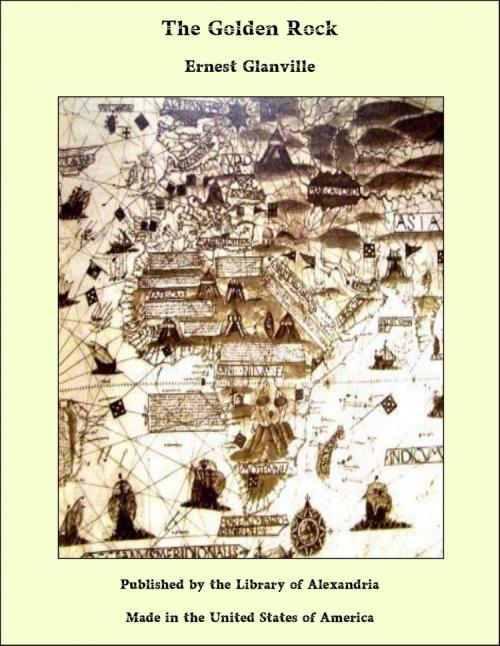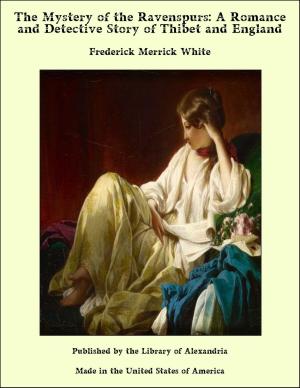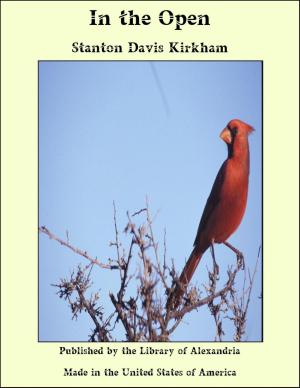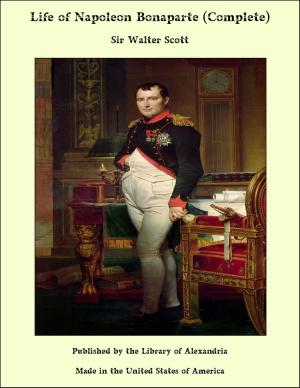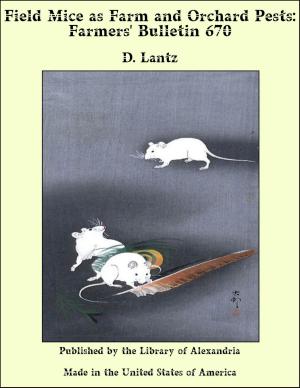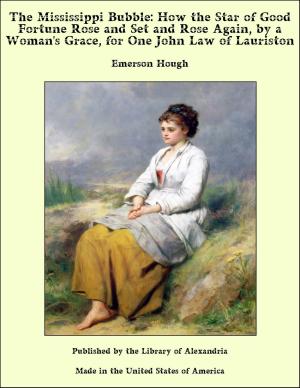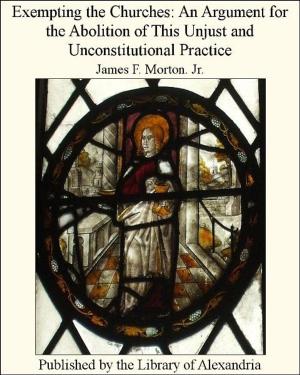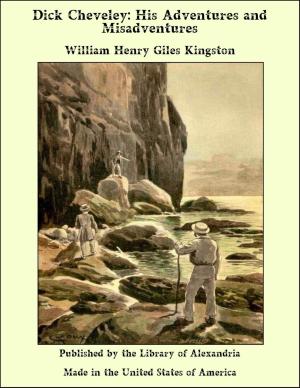| Author: | Ernest Glanville | ISBN: | 9781465628084 |
| Publisher: | Library of Alexandria | Publication: | March 8, 2015 |
| Imprint: | Language: | English |
| Author: | Ernest Glanville |
| ISBN: | 9781465628084 |
| Publisher: | Library of Alexandria |
| Publication: | March 8, 2015 |
| Imprint: | |
| Language: | English |
Not that he was really old when he died, but he had lived a life that had robbed him of his youth at one end and cut off the slow decline on the other. At fifteen he began the career of trader and hunter; before twenty he had been tossed by a buffalo, and broken his leg in a fall from his horse; at twenty-five he had been twice down with the fever; at thirty he was known as Old Hume; at fifty he had gone home to die—a man worn, sun-dried, and scarred with many wounds. Home to the Old Country, the land of his parents, the land of rest and green fields that had figured in his waking dreams, and in his lonely watches beneath the African sky. His mother had talked to him of the quiet village, the ivied church, the bells, the song of the lark, and the pleasant customs of the country folk; and his father had told him of the great cities, the roar of life, and the silence of old ruins testifying to a mighty past; and the untrained, toughened Colonial boy had kept before him one goal—the hoary tower of Westminster, the green meadows, and the tuneful bells of old England. Well, at last he had gone home; but it was not the home of his dreams. There were the wonderful green fields, the eloquent ruins, and a multitude beyond expectation for number; but there was something wanting, and the lack of it preyed upon him, hastening his end. These swarming men and women were not of his type. The people in the streets hurried along hard-eyed and absorbed; his neighbours treated his overtures with suspicion, not understanding his familiar greeting and his manner of going about in his shirt-sleeves, smoking strange tobacco. He was alone in the midst of crowds, and he waited for death with the patience of a stricken animal, while the people who understood him not made much of an explorer recently returned, not knowing that this weather-worn stranger who pottered about aimlessly had braved more dangers in unexplored countries, and had, without thinking of it, opened up more routes for the advance of commerce. One friendship he had formed with the son of his father’s brother, his only living relative, a boy who had been with him on his last trading trip, and whom he had sent to Oxford to pick up the ways of men, and, perhaps, some of their learning. But he only saw the lad in the long vacation, and then only for a few days, insisting that the young fellow should camp out in Wales with some of his companions.
Not that he was really old when he died, but he had lived a life that had robbed him of his youth at one end and cut off the slow decline on the other. At fifteen he began the career of trader and hunter; before twenty he had been tossed by a buffalo, and broken his leg in a fall from his horse; at twenty-five he had been twice down with the fever; at thirty he was known as Old Hume; at fifty he had gone home to die—a man worn, sun-dried, and scarred with many wounds. Home to the Old Country, the land of his parents, the land of rest and green fields that had figured in his waking dreams, and in his lonely watches beneath the African sky. His mother had talked to him of the quiet village, the ivied church, the bells, the song of the lark, and the pleasant customs of the country folk; and his father had told him of the great cities, the roar of life, and the silence of old ruins testifying to a mighty past; and the untrained, toughened Colonial boy had kept before him one goal—the hoary tower of Westminster, the green meadows, and the tuneful bells of old England. Well, at last he had gone home; but it was not the home of his dreams. There were the wonderful green fields, the eloquent ruins, and a multitude beyond expectation for number; but there was something wanting, and the lack of it preyed upon him, hastening his end. These swarming men and women were not of his type. The people in the streets hurried along hard-eyed and absorbed; his neighbours treated his overtures with suspicion, not understanding his familiar greeting and his manner of going about in his shirt-sleeves, smoking strange tobacco. He was alone in the midst of crowds, and he waited for death with the patience of a stricken animal, while the people who understood him not made much of an explorer recently returned, not knowing that this weather-worn stranger who pottered about aimlessly had braved more dangers in unexplored countries, and had, without thinking of it, opened up more routes for the advance of commerce. One friendship he had formed with the son of his father’s brother, his only living relative, a boy who had been with him on his last trading trip, and whom he had sent to Oxford to pick up the ways of men, and, perhaps, some of their learning. But he only saw the lad in the long vacation, and then only for a few days, insisting that the young fellow should camp out in Wales with some of his companions.
